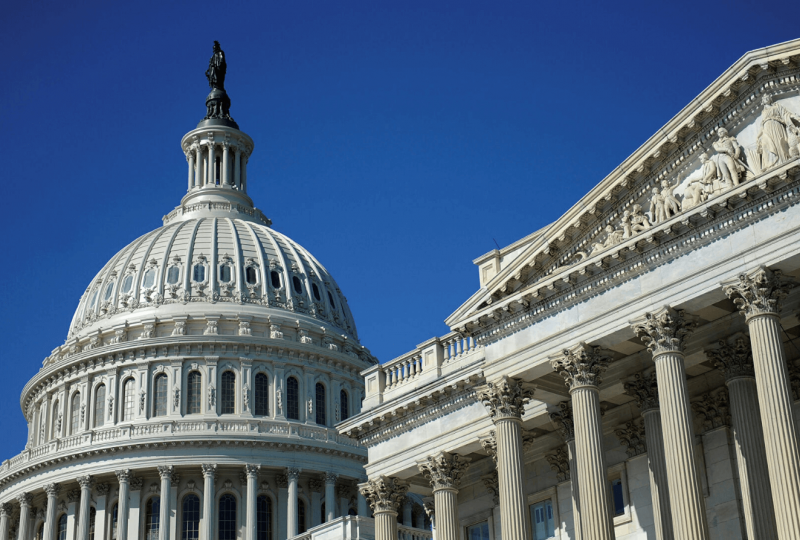Congress Must Clarify How The Infrastructure Bill Will Impact Cryptocurrency
Nov 22, 2021

President Joe Biden signed a $1 trillion infrastructure bill into law last week, which includes measures that will tax cryptocurrency exchanges and bring in $2.8 billion per year for the US government.
To be honest, that isn't a lot of money.
The problem is that the law's crypto tax provision is unclear, and the government risks suffocating a booming sector of the economy.
According to the infrastructure bill, "a brokerage" is required to maintain track of these items. But, since a smart contract may be entered into without the use of a brokerage, who is accountable for reporting in such a case? Is a miner regarded as a brokerage?
There's no denying that the government is owed taxes from cryptocurrency trading, just as it is from any other investment gain — often when a person liquidates or transfers property. However, because of the law's ambiguity, it is possible that trading platforms could refuse to accept U.S. residents or that smaller cryptocurrency investors would be unable to enter or remain in the market.
This isn't the first time we've seen anything like this. Because the compliance regulations for FATCA, the Foreign Account Tax Compliance Act, were excessively onerous in comparison to the risk and possible profit, some financial institutions barred U.S. citizens from utilizing their services.
Here are a few scenarios to consider, some of which are easy and others that are more complex:
- If you use Bitcoin to buy an automobile, you will be taxed at the moment you use bitcoin to buy the car. That should be simple enough.
- It should be simple to figure out how to tax if you go to crypto exchange and buy Ether with dollars. That's a simple transaction as well.
- Things become ugly quickly if you move your crypto into a smart contract you're using to hold an NFT that other people buy, and you run the danger of individuals having to deal with taxes that are as complicated as a corporate transaction.
The minimum deposit is $10,000, which is a holdover from the Bank Secrecy Act. Transactions under $10,000 are exempt from taxation, yet $10,000 is a little sum of money to have to cope with a complicated tax position.
Trading platforms and investors may find the tax reporting burdensome enough to discourage future investment, rendering the tax useless or generating significantly less income than expected.
This might be a difficult tax for the IRS to audit. They'll need a mechanism to link these transactions to people's identities. Individual miners, on the other hand, often do not. This is already done on trading platforms like Coinbase.
What's interesting about this bill is that, while tax regulations are almost always complicated at first, they generally get clearer with time. This infrastructure bill appeared to go the other way. Congress started with the impact figure ($1.1 trillion) and then sought to come up with methods to raise enough revenue to equal it.
This is odd in a number of ways, but it may reflect the present political situation. Politicians used to start with the specific projects they wished to sponsor and then try to keep the expense to a minimum. This time, both parties were vying for power by promising a higher number of people if they won. (After all, Trump was a co-author of a $2 trillion infrastructure program that was never signed into law.)
It's an odd political moment in the United States, with mayors from Miami to New York and across the political spectrum proposing to accept cryptocurrencies as payment. Meanwhile, there is no clear advice on the federal government's long-term intentions at the national level.
Finally, bitcoin, in some form or another, is here to stay, and the federal government has to get serious about a strategy by consulting professionals such as economists, academics, and cryptocurrency platform developers.




